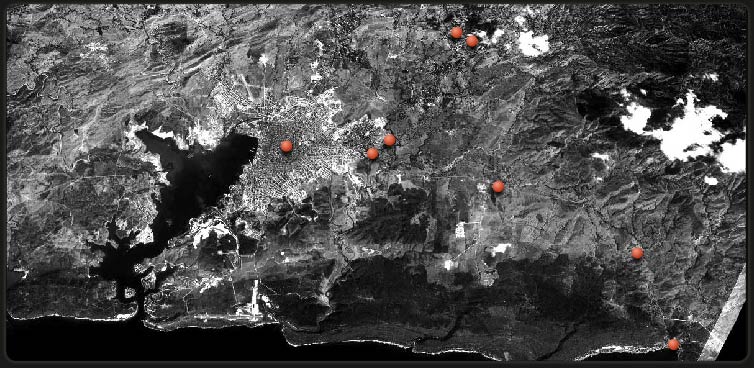Battlefields have long commanded popular and scholarly interest, but in recent years they have become an important focus of archeological research. Battlefield archeology studies material reflections of past conflict with the goal of understanding of specific battles and, more generally, war and human conflict. It is a new field, having emerged over the past two decades. The goal of modern battlefield archeology is to meld oral, documentary, and material records with knowledge of local contexts and general principles to form compelling interpretations. These data may involve recovered artifacts, arrangements and constructions, or elements of terrain and landscape.
The Spanish Cuban American War was a brief, but pivotal event in American history that marked a major change in American foreign policy and military development. The Cuban campaign of 1898 formed a relatively small part of the War, but it included the major land engagements between the U. S. and Spain, and forms the core of popular perceptions of the War. American understandings of War almost invariably fail to recognize that events of 1898 were only part of an ongoing conflict between colonial Spain and Cubans seeking independence. Active conflict between the Spanish forces and a well organized Cuban army had been ongoing since 1895 and certainly influenced the course of events after the American became involved.







